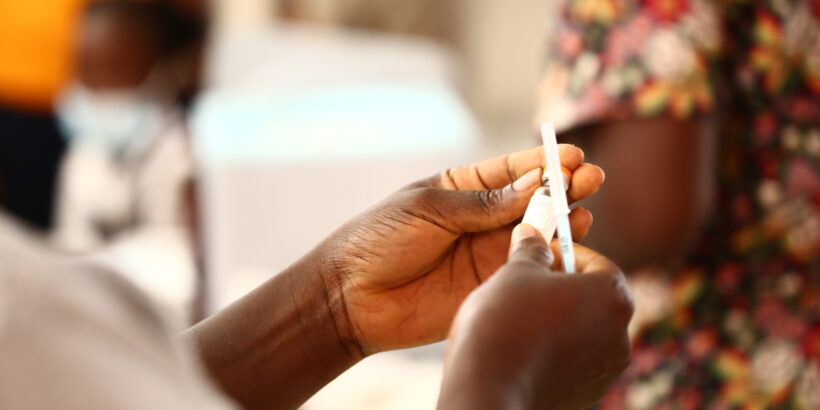Every year, on June 20, the world pauses to acknowledge the refugees and internally displaced people (IDPs) of our world. We talk about their plight, we recognize the hardships they have faced – and continue to face – and how the precariousness of their situation puts them at greater risk for many adverse health outcomes.
This year, on World Refugee Day, more than 43.4 million people are refugees. Over 117 million more people, across several continents, were displaced at the end of 2023 due to conflict, ongoing violence, and natural disasters – an estimated 40% were children.
Refugees and IDPs
Refugees are people who have fled their countries to escape conflict, violence, and/or persecution. They have sought safety by entering another country. IDPs have been forced or obligated to flee their homes because of (or to avoid the effects of) armed conflict, situations of generalized violence, human rights violations, or natural or human-made disasters. IDPs have not crossed an internationally recognized border.
The conditions that refugees and IDPs face as they leave their homes and communities can be dire. People often leave abruptly, taking only what they can carry at a moment’s notice. When they can settle – either internally or after crossing into another country – the places they find often lack infrastructure, including basic hygiene and sanitation facilities. In some instances, particularly refugee camps or communities of IDPs, makeshift health care systems are overwhelmed, inadequate, and working with the bare minimum to provide care to hundreds and thousands of people.
WASH + vaccines are vital
As we encounter more severe impacts from climate change, as people continue to endure violence and persecution, and as global conflicts persist, the number of refugees and IDPs is likely to increase. It is more important than ever that children, no matter where they live now, are vaccinated against infectious disease such as typhoid (and polio, measles, pneumonia, and other childhood illnesses) so that they are protected despite where they may live in one or five or ten years.
National and global policymakers have a responsibility to ensure refugees and IDP communities have access to health care, including immunizations, so that children – and families – can access prevention and treatment interventions. This protects children regardless of where they live or happen to be from, and ensures all children are protected from vaccine-preventable diseases. For its fifty-year history, national Expanded Program for Immunization systems have worked to reach refugee and IDPs with vaccines; this work must continue in earnest, with support from global partners, to ensure children remain protected against deadly diseases.
Importantly policymakers also must work with donors and partner agencies to ensure refugee and internally displaced communities have access to safe water and improved sanitation. Data from studies of many enteric diseases tell us that safe water and sanitation are crucial for reduced disease transmission and illness.
A vision for the future
The increased risk of typhoid – whether it be from drug resistance, climate change, or conflict – has important public health implications, posing new prevention and control challenges. Vaccines, including typhoid conjugate vaccine (TCV), are proven preventative interventions that greatly reduce the threat of disease. TCV offer long lasting protection, require a single dose, and are safe and effective for children younger than 2 years old, making the vaccine optimal for use in mass displacement settings where conditions are often primed for potential typhoid outbreaks.
As a global health community, from ministries of health and EPI managers to donors and partners, we have a responsibility to provide preventative care to all people, whether they are fleeing war, floods, and any other threat. TCV is just one – of many – public health tools that should be made available to protect the world’s most vulnerable populations.
Cover Photo: A vaccinator in Liberia prepares to administer TCV. Refugees living in Liberia were vaccinated during the TCV campaign in 2021. Credit: TyVAC/Nurudeen Sanni.



